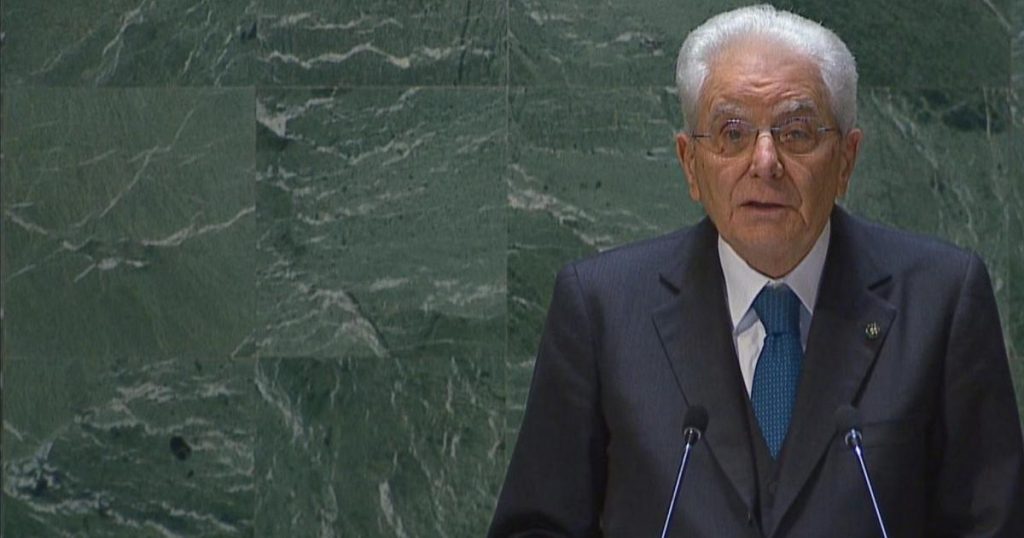In a speech, Kofi Annan, the former Secretary-General of the United Nations, highlighted how global challenges do not respect borders and the strongest nation can still be powerless against them. He emphasized the need for a united effort in facing these challenges, stating that humanity shares a common destiny that can only be overcome through cooperation, which is why organizations like the United Nations are essential. These words of wisdom hold even more importance today, two decades later, and should urge us to work towards strengthening the UN and its rules to promote and enforce them effectively.
Regarding the reform of the United Nations, there is a push for inclusivity at its core. The proposal put forth by Italy and countries united under the banner of “Uniting for Consensus” aims to reform and increase the representativeness of the Security Council. The goal is to provide space for underrepresented regions, such as Africa, Asia, and Latin America, to address a historical injustice that needs to be rectified. The UN institutions were originally shaped in the aftermath of World War II, focused on war. It is now time to reshape them with a focus on peace, taking into consideration the positive strides made in continental cooperation over the past decades, such as the African Union and the European Union, as well as ongoing initiatives in other parts of the world.
The call for reform and better representation within the UN is crucial to address the changing dynamics of the international community. By giving more voice to regions that have been historically marginalized, the organization can better reflect the diversity of its member states and effectively address global issues. This is not only a matter of justice but also a strategic move to ensure that the UN remains relevant and capable of meeting the needs and challenges of the 21st century.
It is important to acknowledge the progress made by regional organizations in promoting peace and cooperation in their respective areas. Initiatives like the African Union and the European Union have shown the value of regional collaboration in addressing common challenges and fostering stability. By recognizing and incorporating the successes of these organizations into the UN’s framework, it can enhance its effectiveness in promoting peace and security on a global scale.
As we navigate the complexities of the modern world, it is essential to strengthen international cooperation and multilateralism. The United Nations serves as a vital platform for fostering dialogue, resolving conflicts, and addressing global issues that transcend national boundaries. By upholding the principles of unity and collaboration, we can work towards a more peaceful and prosperous future for all nations and peoples.
In conclusion, the words of Kofi Annan resonate strongly today as a reminder of the importance of solidarity and collective action in addressing global challenges. The reform of the United Nations to ensure better representation and inclusivity is a crucial step towards adapting to the evolving international landscape and promoting peace and cooperation among nations. By working together and supporting organizations like the UN, we can build a more just and sustainable world for future generations.


